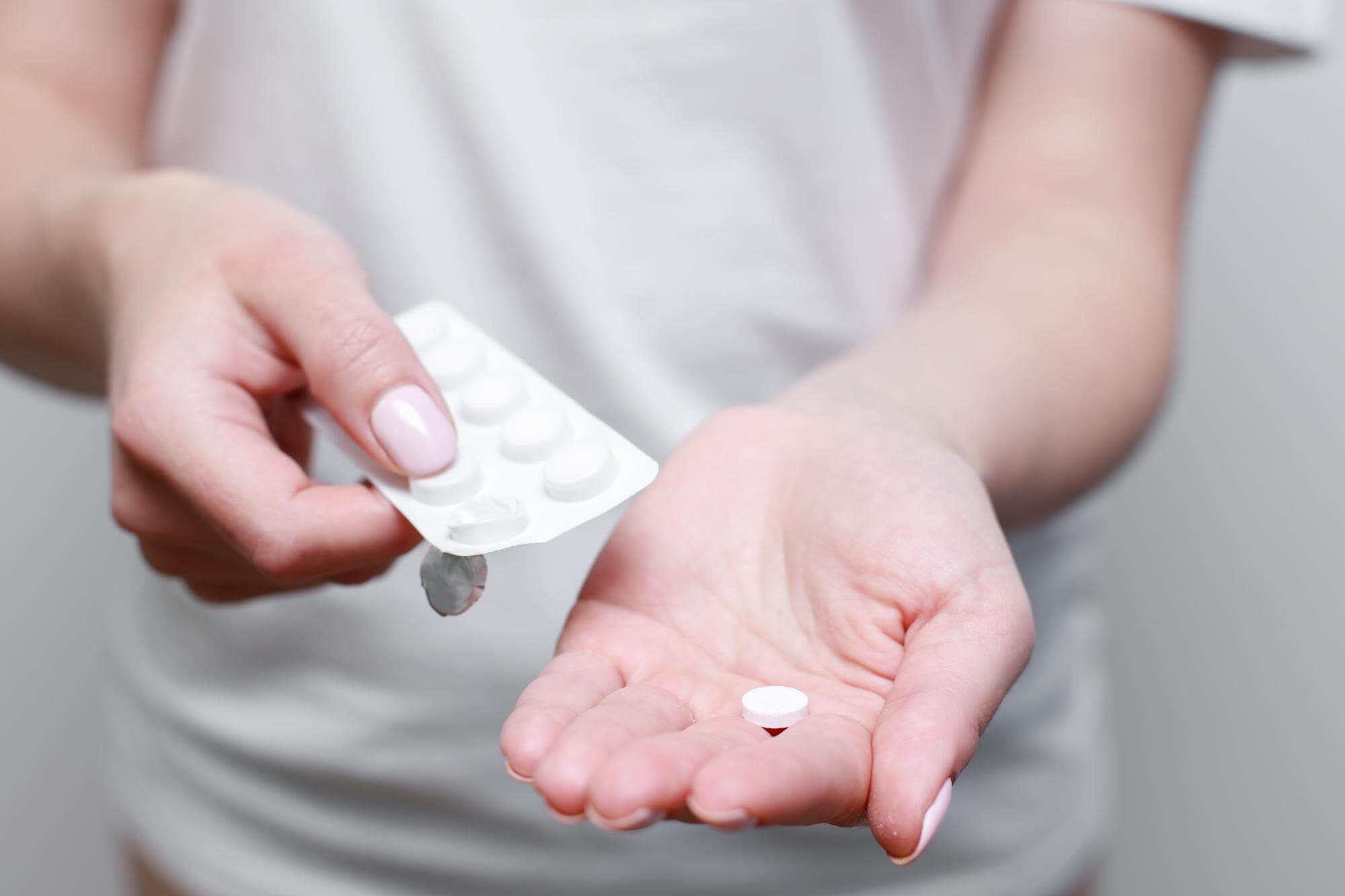Sperm allergy: causes, diagnosis, and effective treatment methods


Viktor Levchenko
Sperm allergy is a rare but very unpleasant condition when the immune system of the body reacts to proteins contained in sperm. This can cause various symptoms such as itching, redness, swelling, and discomfort in the genital area. In this article, we will explore the features of allergy and discuss questions that interest many: "can there be a sperm allergy?", "does sperm allergy occur?" and "how does sperm allergy manifest?".
Definition and mechanism of allergy development
Sperm allergy, or seminal plasma hypersensitivity, occurs when a person's immune system, usually a woman's, mistakenly perceives proteins in sperm as harmful and begins to produce antibodies to destroy them. This leads to the development of an allergic reaction, the symptoms of which can range from mild to severe.
Types of allergic reactions to sperm
Sperm allergy can manifest in different forms, including local reactions on the skin, as well as systemic reactions. Depending on the severity of the sperm allergy, symptoms may vary in both women and men.
Causes of sperm allergy
The main cause of sperm allergy development is a malfunction of the immune system, which begins to attack certain proteins contained in sperm. The cause of such a reaction can be hereditary predisposition, dysfunction of the immune system for other reasons, or insufficient sperm exposure, which leads to the improper formation of an immune response.
The influence of the environment and lifestyle
In some cases, sperm allergy may occur due to the impact of environmental factors or lifestyle. For example, excessive stress, poor ecology, smoking, alcohol consumption, and a disrupted diet can weaken the immune system and contribute to the development of an allergic reaction to sperm.
Sperm allergy symptoms

Symptoms of allergy in women
Symptoms of sperm allergy in women may include itching, redness, swelling, discharge, and discomfort in the genital area. In some cases, sperm allergy can manifest on the skin as a rash, urticaria, or eczema. General symptoms, such as headache, runny nose, cough, and even asthma, are also possible. Symptoms of sperm allergy can occur immediately after contact with sperm or sometime after sexual intercourse.
Symptoms of allergy in men
Sperm allergy is less common in men, but possible, especially in the case of allergy to one's own sperm. Symptoms may include itching, redness, rash, or swelling on the skin of the penis. In rare cases, general symptoms such as fatigue, runny nose, or cough may be observed.
Timing of symptoms
Symptoms of sperm allergy can appear immediately after contact with sperm or several hours after sexual intercourse. The timing of symptoms may depend on individual characteristics of the body and the severity of the allergic reaction.
Diagnosing sperm allergy
To diagnose sperm allergy, an allergist may use various methods such as medical history, physical examination, skin tests, and blood tests for antibodies. In some cases, consultation with other specialists, such as a urologist or gynecologist, may be required.
After performing tests and examinations, the doctor can confirm or deny the presence of sperm allergy. It is important to differentiate the diagnosis from other conditions that may cause similar symptoms, such as infections, dermatitis, or other types of allergies.
Treatment of sperm allergy

Medication treatment
The main method of treating sperm allergy is medication, which includes taking antihistamines and corticosteroids.
- Antihistamines (cetirizine, loratadine, fexofenadine, dimethindene and desloratadine) help reduce the intensity of the allergic reaction and alleviate symptoms such as itching, redness, and swelling.
- Corticosteroids (prednisolone, beclomethasone and fluticasone) may be prescribed to relieve inflammation and improve skin condition.
Immunotherapy
Immunotherapy may be used to treat sperm allergy in cases where medication does not provide adequate results or there are contraindications to its use. Immunotherapy involves the gradual introduction of small doses of the allergen into the body, which helps reduce the immune system's sensitivity to sperm and decrease allergic reactions.
Topical treatments and hygiene
In addition to medication, an important aspect of treating sperm allergy is maintaining personal hygiene and using topical products for skin care. The doctor may recommend using special moisturizing creams or gels that help reduce skin irritation and improve its condition.
Prevention of sperm allergy

One of the most effective ways to prevent sperm allergy is to use condoms. Condoms prevent contact between sperm and the skin and mucous membranes, thus preventing the development of an allergic reaction. It is important to choose hypoallergenic condoms, as some of the materials they are made from can also cause allergies.
Strengthening the immune system
Maintaining a healthy immune system helps reduce the risk of developing a sperm allergy. To strengthen immunity, it is recommended to have a proper diet, regularly perform physical exercises, adhere to sleep and rest regimes, and avoid stressful situations.
Changing lifestyle and health
In general, to prevent sperm allergy, it is important to maintain a healthy lifestyle and take care of your health. This includes quitting smoking, moderate alcohol consumption, eating a healthy diet, regularly performing physical exercises, and monitoring your psycho-emotional state.
Sperm allergy is a rare and unpleasant condition that can significantly reduce the quality of life. However, timely diagnosis, proper treatment, and adherence to preventive measures can achieve good results and reduce the risk of developing allergic reactions. If you have symptoms that may indicate a possible sperm allergy, do not hesitate to seek help from specialists.
New materials
Popular Articles
We recommend reading
Contact us in the Contact Us section to ask questions, offer ideas, or for more information about our allergy resource.
Our articles are your trusted source of allergy knowledge. Learn how to make life with allergic reactions easier on our specialized portal.
©
Lechenie-Allergii.com. All rights reserved.
© Lechenie-Allergii.com. All rights reserved.
The information on this site is for informational purposes only and is not a substitute for professional medical advice. We recommend consulting with qualified medical professionals for accurate information and advice.
 English
English  Українська
Українська  Русский
Русский 









